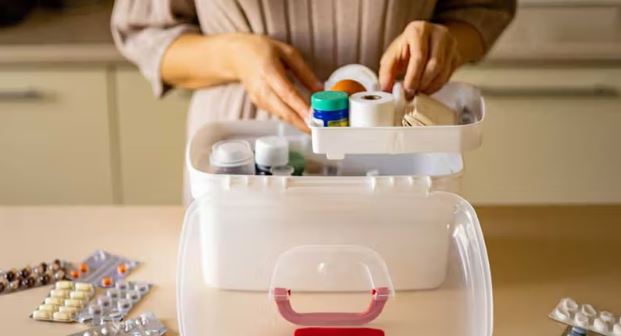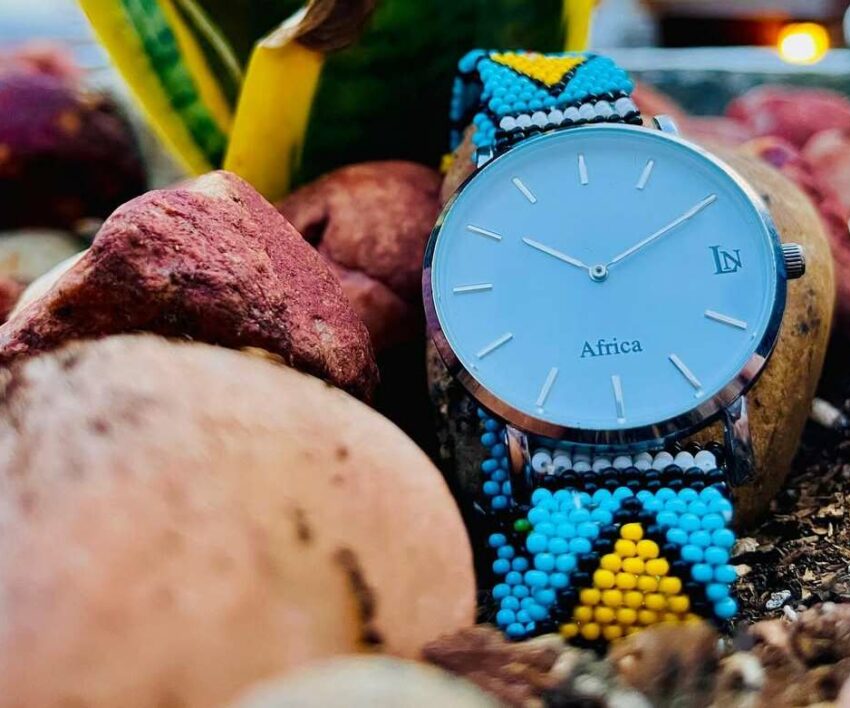We often don’t give much thought to how we store our medicines. After all, it’s easy to toss a bottle of pills into a bathroom cabinet or leave it on a kitchen counter.
However, where and how you store your medication can have a huge impact on its effectiveness and safety.
Many people don’t realize that factors like temperature, light, humidity and even where you place your medicine can either keep it potent or cause it to deteriorate.
Poor storage can also pose serious risks, from accidental ingestion by children to contamination or spoilage.
In this article, we’ll explore the dos and don’ts of medicine storage to help you get the most out of your medications while keeping your home safe.
Whether prescription drugs, over-the-counter medications, or supplements, following these simple guidelines can make a big difference in maintaining their quality and protecting your family.
We often don’t think twice about where we store our medicine, whether it’s a bottle of pills or a box of tablets, many of us are guilty of tucking them away wherever is most convenient.
However, the way you store your medicine can make a huge difference in its effectiveness and safety.
Tanya Ponter, an Executive at Dis-Chem, explained that improper storage can cause medications to deteriorate, expire prematurely, or even become unsafe to use.
“Incorrect storage of medicine can lead to pills or tablets becoming damaged or expiring prematurely, leading to ineffectiveness and can also make them unsafe to take,” Ponter said.
She shared a few key tips to help ensure your medicine remains in good condition and safe to use:
1. Don’t store your medicine in a bathroom cabinet
While bathroom cabinets are often the first place we think of to store medicine, they’re actually one of the worst spots. The heat and humidity from showers and baths can cause medications to break down.
“Bathroom doors are often closed for long periods of time, and the steam can cause a deterioration in the medication, making them lose their efficacy,” Ponter explained.
2. Don’t store medicine in light
Light can have a surprisingly negative effect on certain drugs. According to Ponter, “Excess exposure can cause loss of potency, disintegration of tablets, and even adverse side effects.”
The active ingredients in some medications can break down when exposed to too much light, reducing their effectiveness. For this reason, it’s important to store medicine in a cool, dry place, away from light.
Some medications may even need to be refrigerated, but your pharmacist or doctor will guide you on this.
3. Don’t mix different medicines in the same container
It may seem convenient to combine different medications into a single bottle or pillbox, but this can lead to confusion, contamination or even dangerous interactions.
Keep each medication in its original packaging or use a clearly labelled pill organizer if you need to plan doses in advance.
4. Don’t use damaged or discoloured medicine
If a pill looks crumbly, discoloured, or has an unusual smell, it’s best to avoid taking it. These are signs that the medication may have been exposed to improper conditions and is no longer safe to use. When in doubt, consult your pharmacist or doctor.
5. Keep medicines out of reach of children and pets
Ensuring medicines are stored safely and out of the reach of children or pets is a critical safety measure.
“Curious minds can be determined to get into something they shouldn’t,” Ponter warned.
If you have young children in the home, it’s a good idea to install child locks on medicine cabinets to prevent accidental ingestion.
6. Think about what you’re storing your medicine in
It’s not just about where you store your medicine but also how you organize it. Ponter suggested categorizing medicines in divided boxes or separate containers rather than tossing everything into one basket.
“This will prevent mismanagement and help you keep track of the expiry dates,” she said. By keeping your medications organized, you reduce the risk of accidentally taking the wrong one or using something that’s expired.
7. Use the original packaging
Medicines should be stored in their original containers, which are designed to protect them from light, moisture, and air.
The packaging also contains important information, such as the expiration date and dosage instructions. Transferring pills to another container can lead to confusion or mistakes.
8. Don’t forget to check expiry dates
“Lastly, and most importantly, you need to check your medicine dates,” Ponter emphasised. She advised reading the labels, checking expiry dates regularly, and removing any expired or unwanted medicines from your home.
“Remove expired and unwanted medicines out of the packaging and place them in a bag or container, then return them to your local pharmacy for safe disposal,” she added.
Many pharmacies offer take-back programs to ensure medications are disposed of safely, preventing potential harm to the environment or others.














